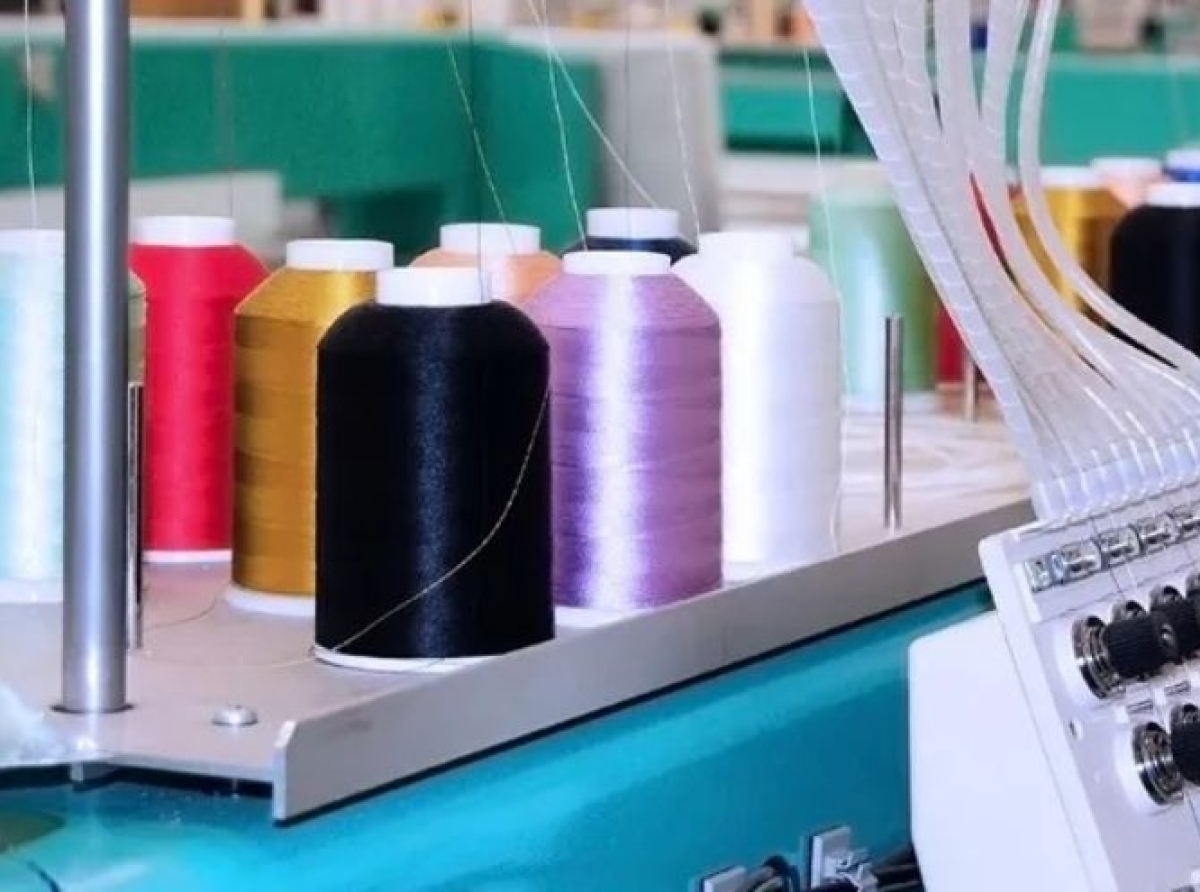Cloud of uncertainty & its impact on the Indian Textile Industry

25 October 2022, Mumbai:
The Indian textile sector is crucial to its growth narrative. It directly & indirectly influences the lives of a whopping 45 million people, producing anything from delicate and priceless craftsmanship to personal protective equipment. Unequivocally India is a leading global textile production player and the leadership that comes out of it has the benefit of backward integration.
India also holds the whole manufacturing value chain, from fiber to fashion/farms to apparel. With 100% foreign direct investment (FDI) permitted under the automatic route, arguably India has one of the most lenient investment rules for foreign interests in the textile and apparel sector.
T&A Sector-An Overview
India's textile and apparel/clothing (T&A) sector are characterized by its innate radical innovation approach, moving markets, developing supply chains and distribution methods, and a steady/gradual transition toward an ethical and sustainable production eco-system.
The potential for this 2nd-largest business in the world to quadruple its current 5% share of global commerce over the next five years is imminent/enormous. India's inherent core strengths entail conventionally manufactured textiles and natural fibers, where it ranks sustainably first/frontrunner in the world's order for cotton production and second for polyester and silk etc.
Global Textile Economy-Bird's Eyeview
The estimated growth of the global apparel/clothing market as per informed sources is expected from its current size of $1.9 trillion to more than $2.6 trillion. The Compound Annual Growth Rate (CAGR) for the worldwide demand for apparel/garments is predicted/projected to be 5%.
India and China being global powerhouses are expected to develop at a consistent CAGR of 12% and 10%, respectively, over the coming years, outpacing the worldwide average of 5% among the top five markets for clothing/apparel. By 2025, it is widely been anticipated that China will surpass Japan to claim the top spot on this list as the most significant clothing consumer in the world, with a market worth $ 450 billion. Whilst, India will pass Japan to reach the fourth spot on this list, with a market worth over $ 160 billion.
Growth trajectory
The textile and clothing industry has shown sustained expansion in recent years in terms of worldwide commerce. As per trade reports," The world's textile market size was estimated at USD 993.6 billion in 2021 and is anticipated to grow at a compound annual growth rate (CAGR) of 4.0% from 2022 to 2030 and has increased at a CAGR of 4% since 2005".
Another exciting trade data is that with a 57% share of the overall textile and apparel trade, apparel/clothing was the most traded segment in the industry. Stepping back since 2005, the exports in this category have also increased at a CAGR of 4%. Closely following apparel/garments in importance was fabric, which accounted for some 19% of the overall textile and apparel (T&C) trade and witnessed a 3% CAGR in export growth from 2005 onwards.
Broadly it is anticipated that the worldwide trade in textiles and clothing will experience a relative change in the following years, increasing from its present value of $ 823 billion to $ 1 trillion in 2025, rising at a reasonable/favorable rate of over 3% when compounded yearly.
Bright Spot
As per the stated position of The Ministry of Textiles (MoT), it intends to establish 8–10 mega textile parks around the nation to foster the circumstances necessary for improved quality and production. Modern manufacturing facilities for ginning, spinning, weaving, and processing are been contemplated & would be available along with supportive plug-and-play infrastructure and shared pooled amenities in the proposed parks.
The national and state governments and the business sector would collaborate and co-ordinate to create the projected/envisaged mega textile parks.
Deep dive
The article is trying to take measures of the effects of the world recession on the textile and apparel/garments (T&C) industries given the economic headwinds as there are many moving parts including persistent sticky inflation, and softening of consumer sentiment, particularly in low ticket articles.
It also takes a stock of how the textile global economy is getting affected by falling overall export demand to the US and the EU, economic headwinds & its far-reaching financial fallout leading to a banking crisis threat and shrinking global trade.
The net importers of textiles goods & merchandise are broadly developed economies that remain, prominent consumers, & lead both in the consumption & production of apparel/clothing up until now before the rise of Asia in the recent decades.
Concerns about a global recession
Given the present heightened tighter global financial conditions which potentially could spur a rise in debt distress sparing neither emerging market nor developing economies, and the more it all persists the harder it hurts.
Underpinning what is triggering the global slowdown is stubborn inflation on the back of the extraordinary rising food and energy prices crisis, and with the Russia-Ukraine war No ending in sight, there is little chance of reversal at this juncture.
Considering the world economy is witnessing economic strong headwinds & a synchronized structural slowdown leading to a precipitous fall in global trade, supply shocks, and broken supply chains worsened by unequivocal policy uncertainties for a considerable time now. Adding to this near-recessionary global trend in some sense was China's zero-COVID policy.
























